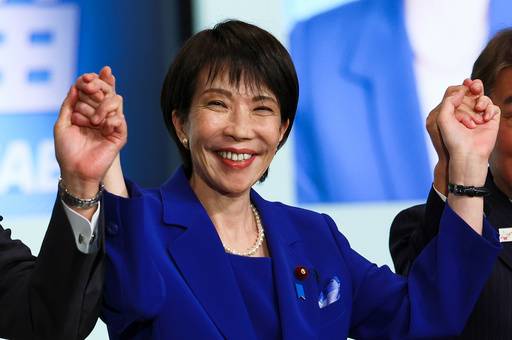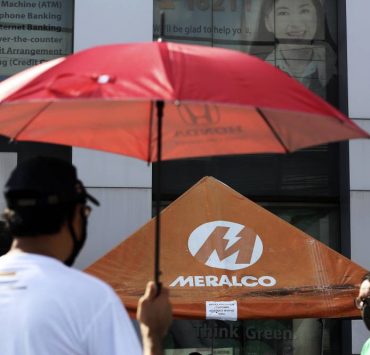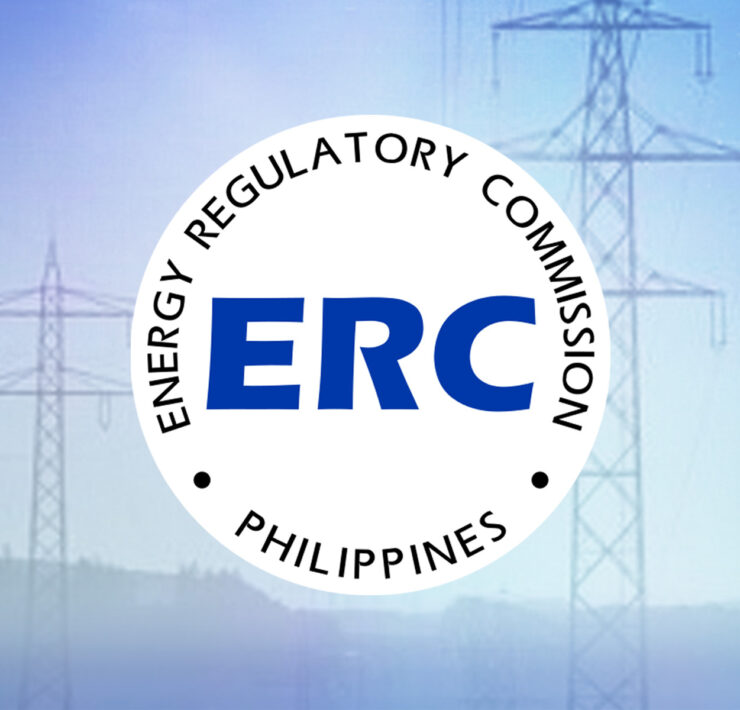New Japan premier backs PH food, energy security projects

Newly installed Japanese Prime Minister Sanae Takaichi reaffirmed Tokyo’s commitment to help bolster the resilience of the economy and infrastructure in the Philippines.
Takaichi met with President Marcos in Kuala Lumpur to hold a Japan-Philippines summit. This was on the sidelines of the latest iteration of the annual Association of Southeast Asian Nations (Asean) Summit held in the Malaysian capital.
The Japanese and Philippine leaders held their bilateral talk for about 20 minutes, according to Japan’s Ministry of Foreign Affairs.
Takaichi, the first woman to be Japan’s Prime Minister, assumed office last Oct. 21
During their talk, Takaichi stated Tokyo’s intention to contribute to food security in the Philippines, particularly through the provision of equipment for postharvest rice processing.
Last Oct. 16, Tokyo and Manila exchanged notes on the Japanese grant aid for the establishment of a rice processing facility at the National Food Authority’s premises in Cauayan City, Isabela.
The project cost is estimated at P810.98 million. Of that amount, Japan will provide 1.7 billion yen or P664.53 million. This will be done through the Economic and Social Development Program backed by the Japan International Cooperation Agency.
The project will increase NFA’s capacity to buy palay and enhance the agency’s postharvest processing, handling and storage efficiency.
Also, Takaichi said Japan intends to advance cooperation with the Philippines on nuclear energy.
Clean energy
Related to this, she noted that Tokyo and Manila have signed a memorandum pertaining to a comprehensive energy cooperation. This happened during the Asia Zero Emission Community meetings, which was also held in Kuala Lumpur, but earlier this month.
The cooperation entails capacity building, knowledge exchange, collaborative pilot projects and policy dialogue. It covers key areas such as renewable energy, grid integration, energy storage, hydrogen, ammonia, liquefied natural gas and carbon capture, utilization and storage.
Meanwhile, the Singapore-based Asean+3 Macroeconomic Research Office (Amro) in a statement called for a renewed push toward deeper regional integration.
“By broadening our sources of growth, we can strengthen the resilience of all Asean+3 economies,” said Yasuto Watanabe, director and CEO of Amro.
In Kuala Lumpur, Asean welcomed its 11th member, Timor-Leste. The other 10 are the Philippines, Indonesia, Malaysia, Thailand, Singapore, Brunei, Cambodia, Laos, Myanmar and Vietnam. The so-called Asean+3 economies also include China, Japan and South Korea.





















